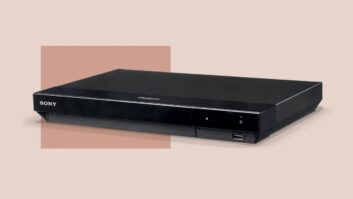Richardson, Texas — MetroPCS became the first wireless carrier to offer a service that lets push-to-talk (PTT) subscribers conduct a PTT session with any landline or wireless-phone user.
Other carriers limit PTT sessions to PTT subscribers, all of whom must use a PTT-enabled wireless handset operating on the same wireless network.
“We removed all these barriers,” said Bruce Lawler, excecutive VP of the company that provided the PTT infrastructure to MetroPCS. His company, Kodiak, offers PTT infrastructure to multiple U.S. carriers.
MetroPCS calls its service ChatLINK, which costs $5.00/month for unlimited use. The service, described as a “clientless” PTT service, requires the initiator of a PTT call to use a handset equipped with Kodiak PTT software. Other participants in the PTT session don’t need a Kodiak-equipped handset or, for that matter, any type of PTT-enabled handset, nor do they need a PTT subscription, Lawler said. ChatLINK is the first PTT service that enables PTT connections to subscribers of other wireless networks as well as to landline phone users, he added.
To participate in a PTT call initiated by a ChatLINK subscriber, people without a PTT phone can use any key on their phone as a walkie-talkie button to talk back. They can also hear all parties participating in the PTT session, Lawler explained.
ChatLINK subscribers can conduct PTT sessions to a mix of PTT subscribers and nonsubscribers simultaneously. Nonsubscribers who get a ChatLINK call will hear a voice announcement informing them that they’re getting a PTT call and advising them to press any key on their handset to join.
For now, MetroPCS offers only one phone — Kyocera’s K312 clamshell — with ChatLINK software, but more will come, Lawler said. Kodiak’s infrastructure and software can be implemented in any wireless network, whether GSM, W-CDMA, CDMA 1x, or CDMA 1x-EVDO, he added.
On MetroPCS’s network, Kodiak’s technology delivers a two- to three-second call setup time, about one to two seconds longer than Sprint Nextel’s iDEN-network PTT service, but call latency after that is only 150 milliseconds compared to the iDEN network’s 700 milliseconds, Lawler said.













